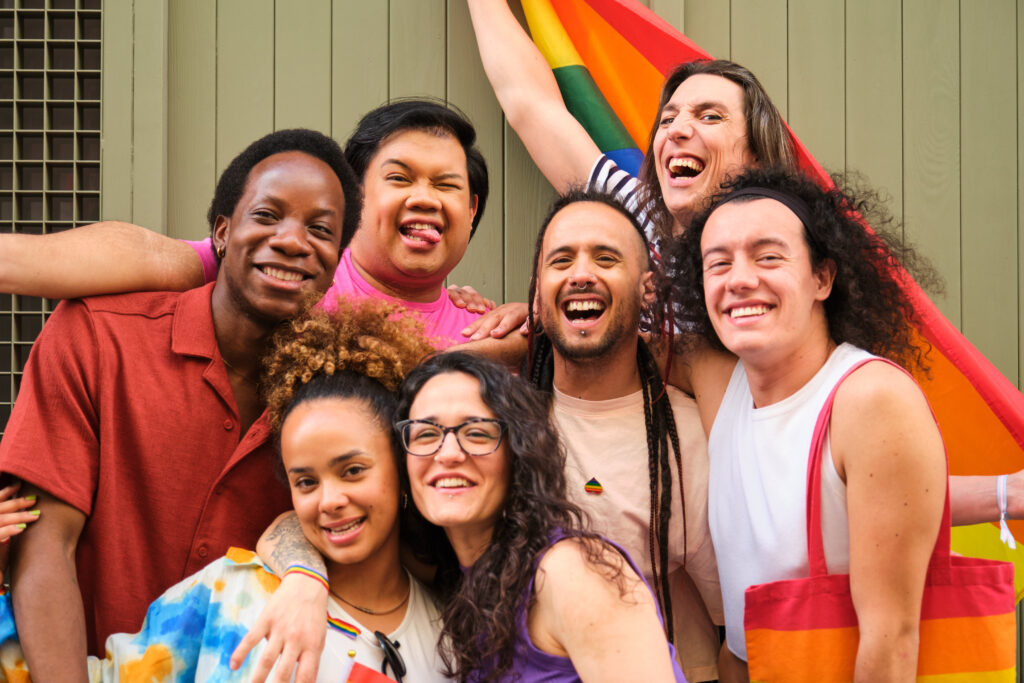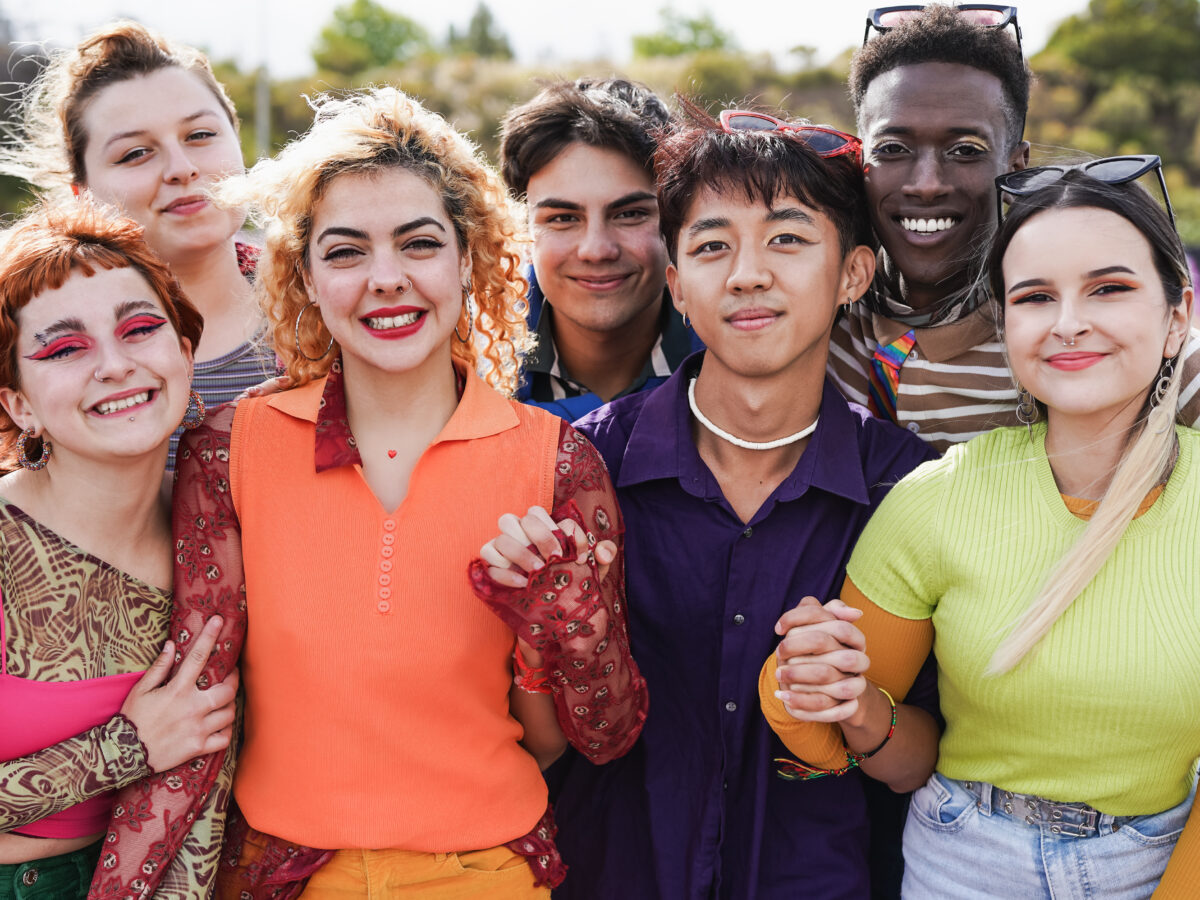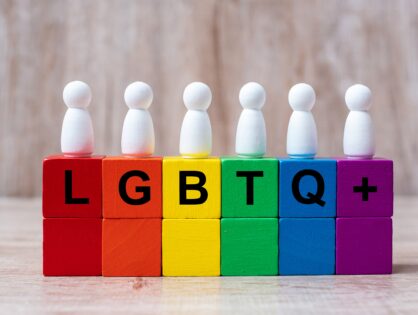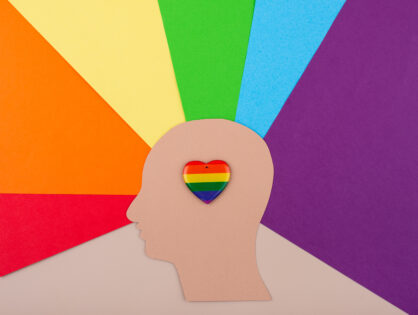Discrimination against LGBTQ+ individuals persists as a significant societal issue, manifesting in various forms of prejudice, bias, and exclusion. From workplace discrimination to social stigma and systemic inequalities, LGBTQ+ individuals often face unique challenges that can profoundly impact their mental health and well-being. Coping with discrimination requires resilience, support networks, and proactive strategies to navigate these adversities while advocating for social change and fostering inclusive environments. Let's explore effective coping strategies and empowerment methods for LGBTQ+ individuals confronting discrimination, aiming to empower and support them in their journey towards equality and acceptance.
Understanding Discrimination
Discrimination against LGBTQ+ individuals encompasses a wide range of harmful behaviors and systemic inequalities that target individuals based on their sexual orientation or gender identity. This form of discrimination can occur in various settings, including workplaces, schools, healthcare facilities, and public spaces, and can have profound effects on the lives and well-being of LGBTQ+ individuals.
Forms of Discrimination
Verbal and Physical Harassment: LGBTQ+ individuals often face verbal abuse, slurs, threats, and physical violence due to their sexual orientation or gender identity. These acts of aggression can create a hostile and unsafe environment, contributing to fear, anxiety, and trauma.
Exclusion and Social Stigma: Social exclusion and stigma are common forms of discrimination experienced by LGBTQ+ individuals. This can manifest as exclusion from social activities, ostracism by peers or family members, and societal attitudes that perpetuate negative stereotypes.
Denial of Rights and Opportunities: Discrimination can result in the denial of fundamental rights and opportunities, such as employment discrimination, housing discrimination, denial of healthcare services, and barriers to accessing education or public accommodations.
Systemic Inequalities: LGBTQ+ individuals often face systemic inequalities rooted in laws, policies, and institutional practices that perpetuate discrimination and marginalization. These inequalities contribute to disparities in health outcomes, economic opportunities, and social inclusion.
Impact of discrimination
Mental Health Consequences: Discrimination can have profound effects on the mental health and well-being of LGBTQ+ individuals. It can contribute to increased rates of anxiety, depression, post-traumatic stress disorder (PTSD), and suicidal ideation. The constant stress of anticipating discrimination and navigating hostile environments can lead to chronic stress and emotional distress.
Physical Health Effects: Discrimination can also impact physical health outcomes for LGBTQ+ individuals. It may contribute to higher rates of chronic health conditions, substance abuse, and increased risk-taking behaviors as individuals cope with stress and stigma.
Social and Economic Disparities: Discrimination can perpetuate social and economic disparities among LGBTQ+ individuals, limiting access to education, employment opportunities, and financial stability. This can further exacerbate feelings of marginalization and reduce overall quality of life.
Intersectional Discrimination
Intersectionality: LGBTQ+ individuals may experience intersecting forms of discrimination based on race, ethnicity, disability, socioeconomic status, and other identities. Intersectional discrimination compounds the effects of stigma and marginalization, resulting in unique challenges and barriers to equality.
Unique Challenges: Individuals at the intersection of multiple marginalized identities may face compounded discrimination and reduced access to supportive resources and services. Recognizing intersectionality is crucial for understanding the diverse experiences and needs within the LGBTQ+ community.
Legal Protections and Advocacy
Legal Protections: Many countries have enacted legal protections against discrimination based on sexual orientation and gender identity. These protections vary widely across regions and jurisdictions but are essential for safeguarding the rights and dignity of LGBTQ+ individuals.
Advocacy Efforts: Advocacy organizations and activists play a vital role in challenging discrimination, advocating for inclusive policies, and promoting social change. They work to raise awareness, educate the public, and empower LGBTQ+ individuals to assert their rights and demand equality.

Strategies for Coping with Discrimination
Discrimination against LGBTQ+ individuals remains a persistent challenge, impacting their mental health, well-being, and overall quality of life. Coping with discrimination requires resilience, support networks, and proactive strategies to navigate and mitigate its effects. Here are effective strategies that LGBTQ+ individuals can employ to cope with discrimination:
Building a Support Network
Importance: Establishing a supportive network of friends, family members, or LGBTQ+ community groups can provide invaluable emotional support and validation.
Actionable Steps:
Find Supportive Individuals: Surround yourself with friends, family members, or colleagues who respect and affirm your identity.
Join LGBTQ+ Support Groups: Participate in local or online support groups where you can share experiences, receive validation, and offer support to others facing similar challenges.
Utilize Helplines and Hotlines: Access helplines and hotlines specifically designed to provide support for LGBTQ+ individuals facing discrimination or crisis.
Educating Yourself and Others
Importance: Education empowers individuals to challenge misconceptions, advocate for themselves, and educate others about LGBTQ+ issues.
Actionable Steps:
Stay Informed: Stay updated on LGBTQ+ rights, issues, and resources through reputable sources, organizations, and community networks.
Advocate for Inclusion: Educate others about the impact of discrimination and advocate for inclusive policies and practices in your workplace, school, or community.
Challenge Misconceptions: Engage in constructive conversations with friends, colleagues, and acquaintances to challenge stereotypes and promote acceptance and respect for diversity.
Developing Resilience and Self-Care
Importance: Building resilience helps individuals maintain their mental health and well-being in the face of adversity.
Actionable Steps:
Practice Self-Care: Engage in activities that promote relaxation, self-reflection, and emotional well-being, such as mindfulness, meditation, yoga, or creative pursuits.
Develop Coping Strategies: Identify and utilize healthy coping mechanisms, such as setting boundaries, seeking social support, journaling, or participating in hobbies that bring joy and fulfillment.
Seek Balance: Maintain a healthy balance between work, personal life, and activism to avoid burnout and sustain long-term resilience.
Seeking Legal and Community Support
Importance: In cases of severe discrimination or harassment, seeking legal assistance and community support can be crucial.
Actionable Steps:
Know Your Rights: Familiarize yourself with local laws and legal protections against discrimination based on sexual orientation or gender identity.
Access Community Resources: Utilize LGBTQ+ community centres, legal aid services, and advocacy organizations that offer support, resources, and guidance in addressing discrimination.
Report Discrimination: If comfortable and safe to do so, report instances of discrimination to relevant authorities, organizations, or advocacy groups that can provide assistance and advocate for justice.
Engaging in Advocacy and Activism
Importance: Advocacy and activism are powerful ways to challenge discrimination, promote equality, and create social change.
Actionable Steps:
Join Advocacy Organizations: Participate in LGBTQ+ advocacy organizations, community groups, or grassroots movements that work towards advancing LGBTQ+ rights and combating discrimination.
Share Your Story: Share your experiences and perspectives through storytelling, public speaking, or social media to raise awareness, educate others, and advocate for change.
Support Policy Change: Advocate for inclusive policies and legislation that protect LGBTQ+ rights, promote equality, and ensure non-discrimination in all aspects of life.
Conclusion
In conclusion, navigating discrimination as an LGBTQ+ individual necessitates resilience, community support, and proactive strategies to mitigate its impact on mental health and overall well-being. Discrimination takes various forms, from overt acts of hostility to systemic inequalities embedded in institutions and societal attitudes. Despite these challenges, there are effective coping mechanisms and empowerment strategies that LGBTQ+ individuals can employ to foster personal resilience and advocate for broader social change.
Building a supportive network of friends, family, and community allies provides essential emotional validation and solidarity. Engaging in education and advocacy helps challenge stereotypes, promote understanding, and push for inclusive policies that protect LGBTQ+ rights. Developing personal resilience through self-care practices and healthy coping strategies enables individuals to navigate discrimination while maintaining mental and emotional well-being. Seeking legal and community support can provide essential resources and assistance in addressing discrimination effectively.
By actively participating in advocacy efforts, sharing personal experiences, and promoting inclusivity in all aspects of life, LGBTQ+ individuals contribute to creating a more equitable society where diversity is celebrated, and discrimination based on sexual orientation or gender identity is eradicated. Together, through collective action and mutual support, we can strive towards a future where all individuals can live authentically, free from discrimination, and with equal opportunities to thrive.
Related Articles:
Mental Health Challenges in the LGBTQ+ Community
LGBTQ+ Youth Relationships: A Guide to Resources & Support
LGBTQ+ Youth – Psychological Challenges & Support Pathways
The Benefits of Online Therapy for Mental Health in India
How to Choose the Right Online Counselor for Your Relationship



